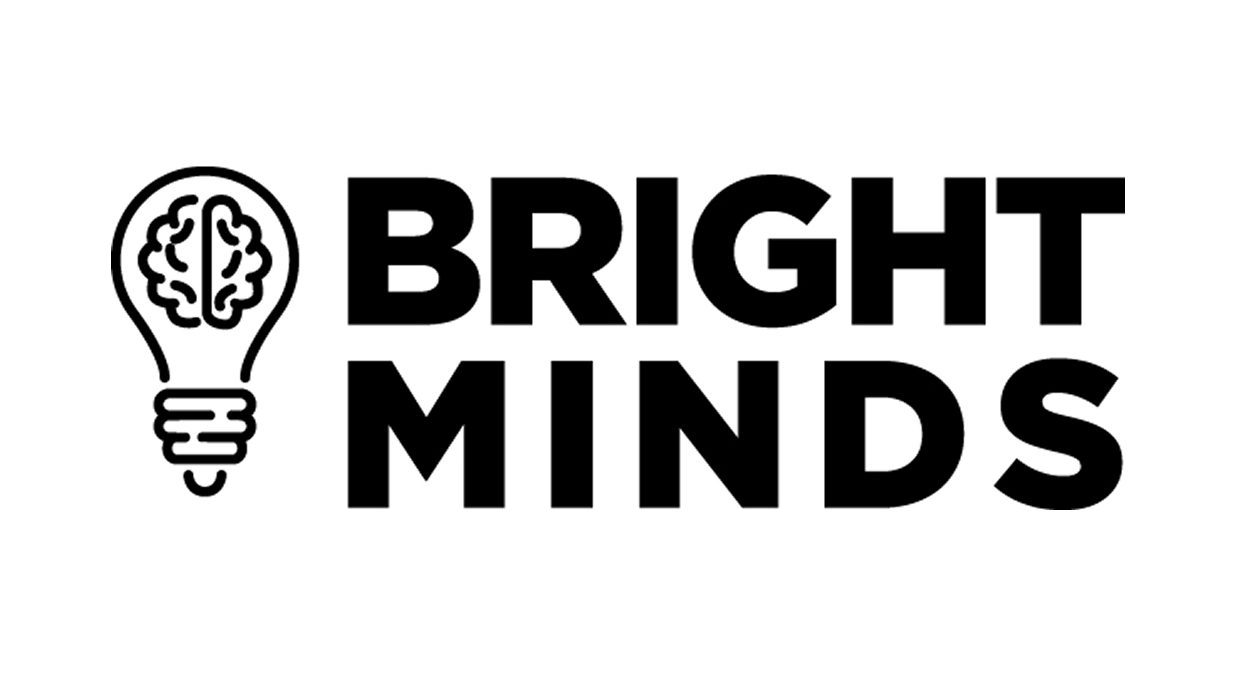Bright Minds Biosciences Highlights Positive Findings From BMB-101 Study In DBA/2 Mice
Bright Minds' BMB-101 shows complete prevention of seizures in epilepsy model, highlighting potential against SUDEP.
Breaking News
May 14, 2025
Simantini Singh Deo

Bright Minds Biosciences Inc., a company developing targeted therapies for central nervous system (CNS) disorders like drug-resistant epilepsy and depression, has announced encouraging results from a recent study involving its experimental drug BMB-101. In tests using the DBA/2 mouse model, which is commonly used in epilepsy research due to its susceptibility to seizures, BMB-101 completely eliminated drop attacks. These mice mimic several epilepsy-related conditions, including tonic-clonic seizures, drop attacks, and sudden unexpected death in epilepsy (SUDEP).
Jan Torleif Pedersen, PhD, MSc, Director, Chief Science Officer, of Bright Minds Biosciences, mentioned, “DBA/2 is an excellent model for understanding the effect of anti-epileptic drugs (AEDs) on the etiology of seizures. BMB-101 demonstrated dose-dependent efficacy in the DBA/2 mouse model of epilepsy, and drop seizures were completely eliminated. Notably,BMB-101 achieved 100% survival in the DBA/2 model, reversing brainstem serotonin deficits and preventing seizure-induced respiratory arrest.SUDEP is the leading cause of seizure-related premature death, particularly in drug-resistant epilepsy patients, and we are extremely pleased to advance our investigative work and build on this preclinical validation.”
BMB-101 is a novel compound that selectively activates the 5-HT2C receptor in a unique way. The new data shows its potential to address a major unmet need in epilepsy treatment especially for preventing SUDEP, which is a significant cause of death in patients with severe epilepsy, such as those with Developmental and Epileptic Encephalopathy (DEE). In Dravet syndrome, a severe form of epilepsy, the risk of early death is estimated at 15–20%, with SUDEP accounting for many of these cases. These findings suggest that BMB-101 could play an important role in reducing seizure-related deaths and improving outcomes for patients with difficult-to-treat forms of epilepsy.
